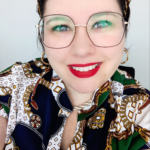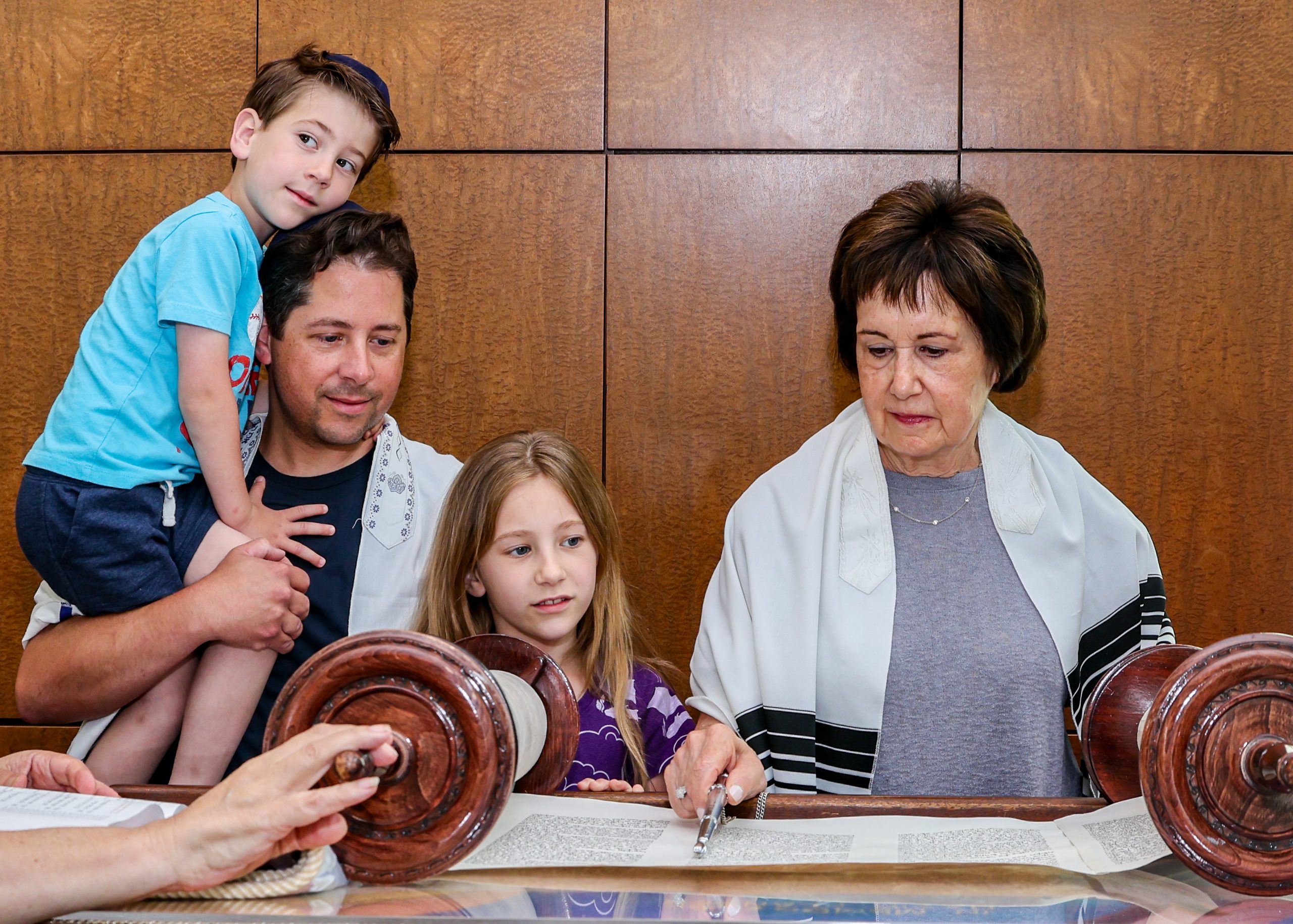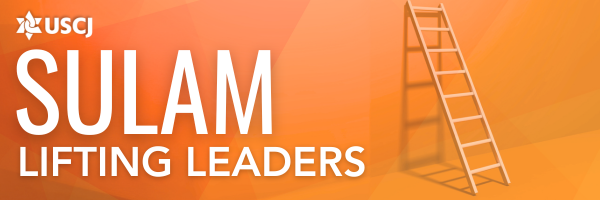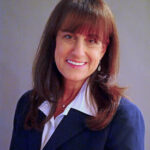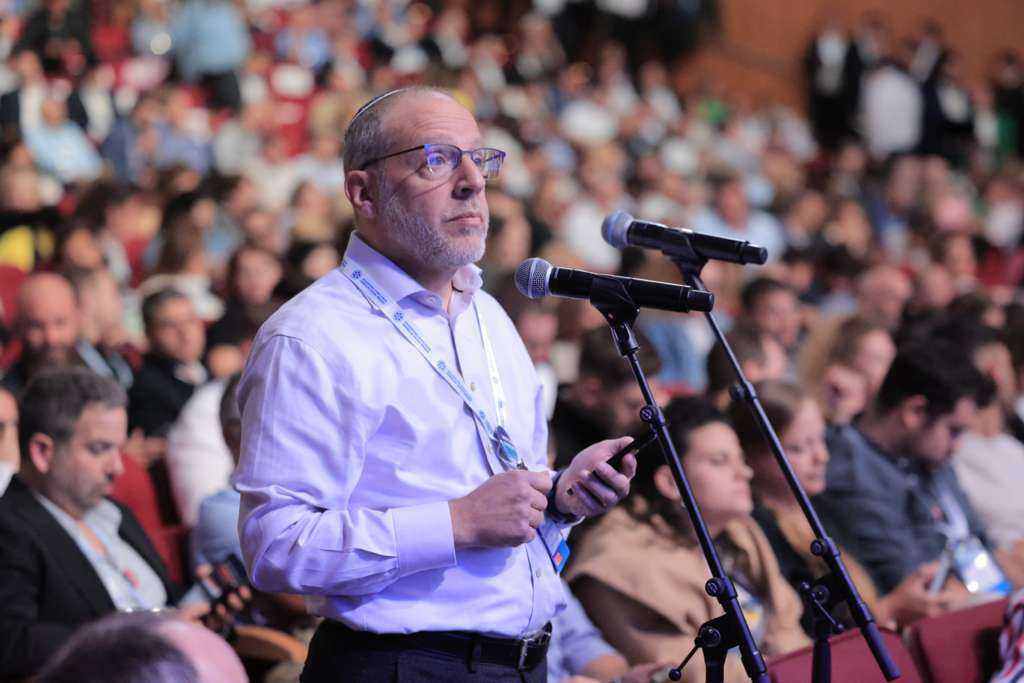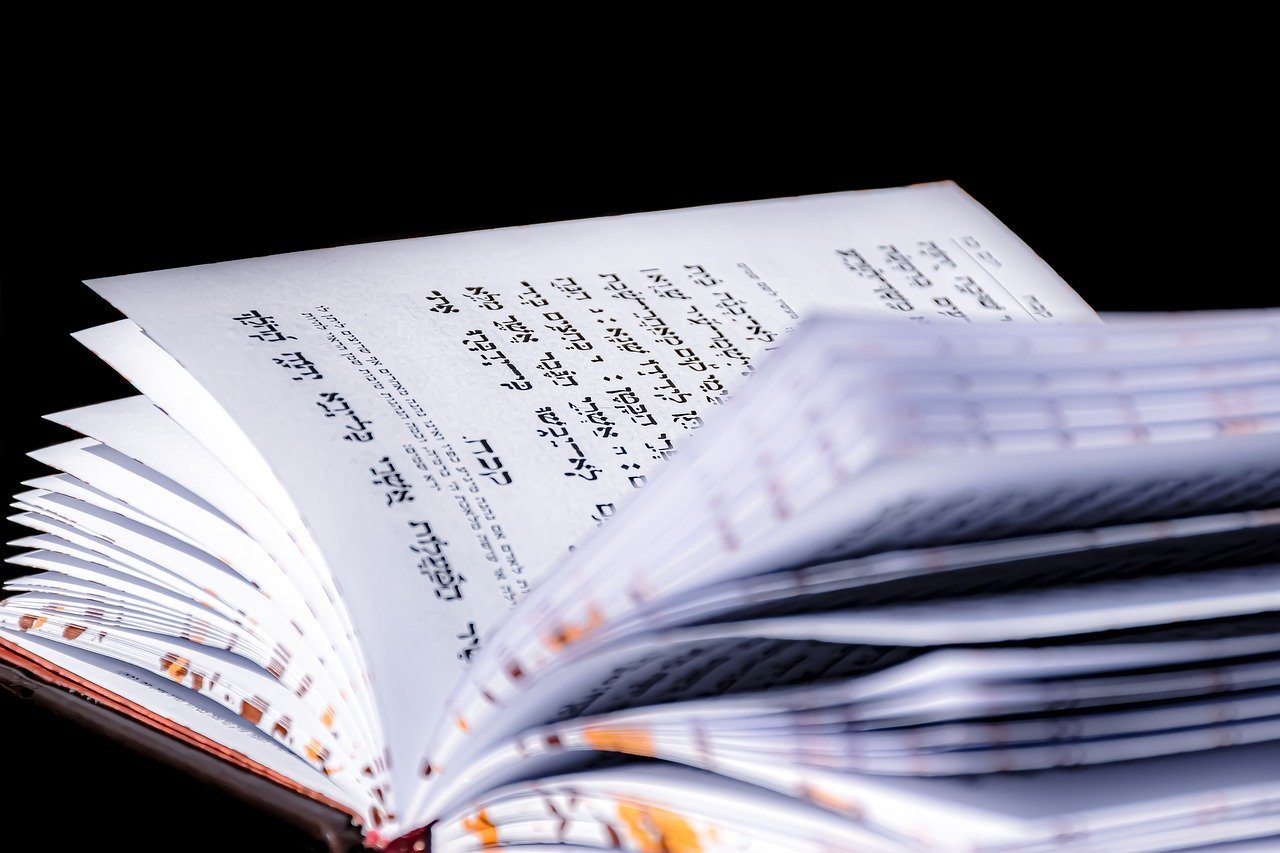
I have been grappling with what to write about recent events in the Twin Cities and throughout much of the United States since the horrific murder of George Floyd took place on May 25th. The event itself and its aftermath have brought to the fore issues that are not new, but have taken on searing intensity in the last week – profound injustice and systemic racism, numerous attempts to suppress peaceful protests with violence, destruction of property (the actions of a very few people relative to the number of protesters, but heartbreaking nonetheless), a national leader who somehow finds a way to tunnel to new depths just when you think it’s impossible to sink any lower – and all of this against the background of economic depression and a global pandemic. What is taking place right now defies our ability to contain it all in a coherent whole.
I’m doing my best to follow events closely, but must admit that I’m a novice when it comes to understanding race relations in the Twin Cities, the past behavior of the Minneapolis Police Department, and the nuances of state and local politics there. I write these words from a city located over 1,700 miles away from you, perched on the edge of the continent in a different country. Needless to say, I have much to learn and a great deal of serious work to do as our congregation seeks to build alliances with other synagogues and faith communities, build bridges with communities of color, heal wounds, and engage in the hard work of creating a more just and equitable society there. I offer the following remarks in a spirit of humility, with the understanding that my distance from events necessarily limits my ability to truly understand what you are going through.
As my teacher and friend Rabbi Shai Held wrote recently, it is a bleak time in America and it’s easy to lose hope.” But the great religious traditions (very much including our own) forbid us from doing so. Indeed, with so much suffering and injustice around us, “hopelessness is a privilege to which we are not entitled.” How do we foster and cultivate a sense of hope? Rabbi Held continues: “Hope involves commitment. If I would rather see a society in which black people were not killed on the street, then I am merely wishing; if I commit to working toward building such a society, then and only then am I truly hoping.”
One of the greatest advocates of the idea that society can actually get better, that we have it in our power to create positive, even transformative change, was of course Dr. Martin Luther King, Jr. In one short sentence uttered during a speech he gave on February 26th, 1965, Dr. King offered a well-known and beautiful expressions of that belief. He spoke that Friday evening at a Shabbat service at Temple Israel of Hollywood. I feel a special connection to his words, not only because of their content but because at exactly the same time that Dr. King was preaching at the synagogue, I came into the world at St. John’s Hospital in Santa Monica, just ten miles away.
The great leader of the civil rights movement began by drawing upon the story of the Exodus from Egypt as he spoke: “Moses stood up over and over again in Pharaoh’s court and cried out, ‘Let my people go!’ Pharaoh with a hardened heart refused over and over again. But then came that glad day when the Red Sea opened and God’s children were able to leave the darkness of Egypt and move on to the other side. But as soon as they got out of Egypt they discovered that before they could get to the Promised Land there was a difficult, trying wilderness ahead. They had to realize that before they could get to the Promised Land, they had to face gigantic mountains and prodigious hilltops.”
He went on to describe contemporary “mountains” that stood before Americans at the time, fierce challenges to overcome: racism, poverty, violence and war. Dr. King then concluded with language that has echoed through our country since the Shabbat evening it was uttered 55 years ago:
“And may I say in conclusion that I believe firmly that we will get to the promised land of collective fulfillment. I still believe that right here in America we will reach the promised land of brotherhood. Oh, I know that there are still dark and difficult days ahead. Before we get there, some more of us will have to get scarred up a bit. Before we reach that majestic land, some more will be called bad names. Some will be called reds and communists simply because they believe in the brotherhood of man. Before we get there, some more will have to be thrown into crowded, frustrating, and depressing jail cells……I believe it because somehow the arc of the moral universe is long, but it bends toward justice. With this faith we will be able to hew out of the mountain of despair a stone of hope. With this faith we will be able to transform the jangling discords of our nation into a beautiful symphony of brotherhood. With this faith we will be able to speed up the day. And in the words of prophet Isaiah, ‘Every valley shall be exalted and every mountain and hill shall be made low. The rough places will be made plain and the crooked places straight, and the glory of the Lord shall be revealed and all flesh shall see it together.’ This will be a great day. This will be a marvelous hour. And at that moment, figuratively speaking in the words of Job: ‘the morning stars will sing together and the sons of God will shout for joy.’”
Stunning, inspiring language…but is it true? Is it possible to hope that the arc of the moral universe does indeed ultimately bend toward justice? President Obama was very fond of Dr. King’s idea and when he was still in office he would frequently cite this line from the speech, but a number of pundits and commentators from across the political spectrum criticized the President for his belief that morality improves over time, for his hopefulness that things tend toward goodness over the long term. The conservative commentator George Will insisted that both Dr. King and President Obama were simply wrong when it came to their underlying assumptions about human nature. He said, “Humans are, as Job knew, born unto trouble as the sparks fly upward. They are desirous and competitive, and hence are prone to conflict.” The liberal writer and New York Times columnist Jamelle Bouie said much the same thing. “Obama will end where he started, with a message of hope born of optimism, born of the idea that—even with inevitable hardship and pain—the arc of the universe bends toward justice. The problem is that we face more than potential hardship. We face [a Trump] administration that seems determined to find out if the arc bends the other way as well.”
What about our tradition? Does the Torah share the faith that Dr. King preached? One of the greatest Jewish thinkers of the twentieth century, Rabbi Joseph Soloveitchik, claimed that no one could actually understand the inner workings of history. While the beginning of Genesis tells us that creation “is very good” – Rav Soloveitchik noted that “this is only stated from the unbounded perspective of the creator. In man’s finite, limited view, the absolute good in creation is not apparent. There is evil that is not susceptible to explanation and comprehension.” He compared our limited human perspective to that of people stuck in the rear of a tapestry who can never perceive the unity and beauty of the image on its face.
Rav Soloveitchik argued that there was another, more hopeful way to approach our lot in life, which he called “an existence of destiny.” This takes place when we stop asking why existence is the way it is and whether it has any purpose from without, and instead live as creators and innovators within the world we’ve been given. Judaism insists that “our mission in this world is to turn fate into destiny — an existence that is passive and influenced from without into an existence that is active and influential in turn.” In other words, the Jew ignores the arc of history, and “asks a single question: What should we do to live in the world as it is?”
If Soloveitchik is right, then perhaps George Will, Jamelle Bouie, and other critics of Dr. King’s idea that “the arc of the moral universe is long, but it bends toward justice” have misunderstood what he was getting at. When he said those words 55 years ago, he was not making a claim about history itself, but rather giving a picture of a world within which it would be possible to work toward a greater measure of justice, compassion, and love. He wasn’t describing the dynamics of how history moves, but opening the very possibility of changing history, because without some basic hope that the world is repairable, it is next to impossible to engage in the hard work of repairing it.
For Martin Luther King Jr., hope and faith in human perfectibility opened up the possibility of a great movement devoted to the achievement of civil rights. King and his allies in the Movement had to overcome literally centuries of oppression — and it was only by imagining that change was possible were they able to mobilize thousands of people across the racial divide to risk life and limb for that change.
I conclude with the words of Rabbi Held: “In the name of George Floyd and countless others, let’s not wish – let’s hope. And because this is what hope requires, let’s get to work.”
Rabbi Adam Rubin is the incoming rabbi at Beth Jacob Congregation, Mendota Heights, Minnesota where he will begin serving this summer.


